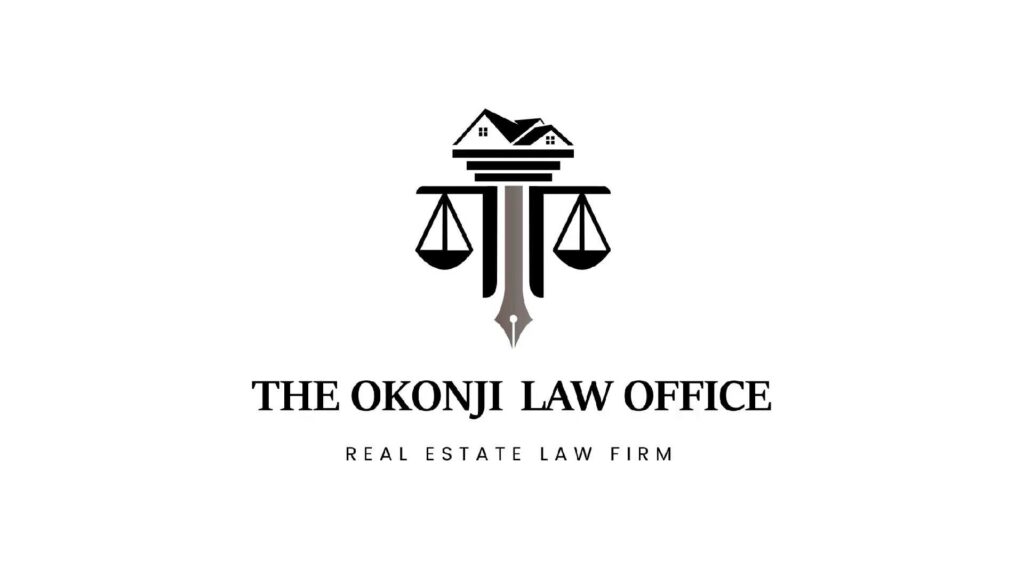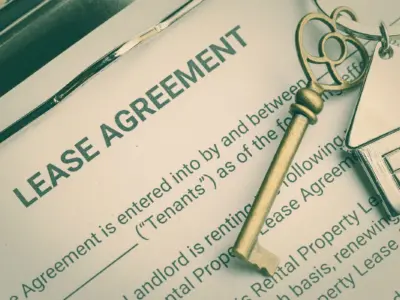A rental tenant attorney Katy, TX, helps landlords handle lease renewal issues clearly and confidently. Lease renewals often include changes to rent, lease terms, or tenant duties. Proper management of these changes can prevent disputes. John Okonji of The Okonji Law Office works with landlords to ensure all lease renewals follow Texas rental laws. Many landlords face challenges with tenants who are uncooperative or unsure about the renewal terms. A rental tenant attorney offers the legal advice landlords need to avoid problems and protect their rental property.

Why Consult a Rental Tenant Attorney Katy, TX for Renewals
A rental tenant attorney Katy, TX, can help landlords update lease agreements. Lease renewals usually include changes to rent, tenant responsibilities, or the length of the lease. Handle these changes carefully, as minor errors can lead to disputes. Having an attorney for landlord tenant issues review the lease ensures everything is clear and follows the law.
1. Lease Drafting & Review
A rental tenant attorney can prepare new lease agreements or review existing ones to include any updated terms. Atty. Okonji ensures that deadlines are clear and conditions can be enforced. This helps landlords avoid confusion and protects their rights over time.
2. Enforcing Lease Conditions
A rental tenant attorney helps landlords issue proper notices for rent increases or changes to the lease terms. These notices must follow strict legal timelines to be valid. By doing this correctly, landlords can enforce lease conditions without problems.
3. Compliance with Texas Law
Lease agreements must follow Texas rental laws to be legal and effective. A rental tenant attorney checks every part of the lease to ensure it meets state rules. This prevents landlords from facing legal issues in the future.
4. Handling Difficult Tenants
When tenants do not cooperate during lease renewals, A rental tenant attorney advises landlords on the right legal steps to take. He helps landlords handle these situations while staying within the law. This approach protects landlords in the Greater Houston area and helps resolve conflicts fairly.
Lease Renewal Options Every Landlord Should Know
Landlords have different options when it comes to renewing leases. A rental tenant attorney explains the advantages and disadvantages of each choice, allowing landlords to decide which option best suits their situation.
1. Fixed-Term Renewal
This option keeps the tenant for a specific period, like 6 or 12 months. It gives landlords stability and a steady rental income. Fixed terms help avoid sudden changes in tenancy.
2. Month-to-Month Conversion
This choice offers more flexibility by allowing either party to end the lease with shorter notice. It suits landlords who may want to change terms or regain possession quickly. Clear written agreements help avoid misunderstandings.
3. Automatic Renewals
Some leases include a clause that renews the lease automatically unless either side gives notice. This can simplify the renewal process for both landlords and tenants. However, the terms must be legally clear to prevent disputes.
4. Non-Renewal with Notice
If a landlord does not want to renew the lease, they must give proper written notice within the time allowed by law. Following the correct procedure helps prevent legal problems. This option gives landlords control over when tenants leave.

Common Lease Renewal Disputes and How to Resolve Them
Disagreements between landlords and tenants often happen during lease renewals. These problems can cause stress and delay the renewal process. A rental tenant attorney can provide practical solutions to help landlords resolve these issues quickly and fairly.
1. Rent Increase Disputes
Tenants might say rent increases are unfair or were not properly announced. Landlords must give written notice that follows local rules and timing. Proper notice helps prevent disagreements about rent changes.
2. Refusal to Sign Updated Lease
Some tenants may delay or refuse to sign a new lease with updated terms. Landlords need to follow legal steps to handle this refusal. Taking the right actions can protect the landlord’s rights.
3. Holdover Tenants
When a tenant stays after the lease ends, the tenancy often switches to a month-to-month agreement by law. Landlords may want to regain full control of the property. There are specific legal procedures to ask tenants to leave properly.
4. Tenant Requests for Lease Changes
Tenants sometimes ask for changes before renewing a lease. Landlords must decide if these requests are fair or could cause problems. Clear communication and understanding the risks help landlords make good decisions.
Legal Services That Support Long-Term Rental Success
Beyond handling lease renewals, landlords can benefit from other legal services. These services help prevent costly errors and keep rental properties running smoothly. Having the right legal support gives landlords confidence in managing their properties.
This covers eviction processes, tenant disputes, and following rental laws. Landlords need to understand these rules to protect their rights. Hiring attorneys that handle evictions helps you stay within the law helps avoid costly problems.
Buying or selling rental property involves legal contracts. These contracts must be clear to prevent issues later. Careful review and preparation keep transactions smooth and secure.
3. Contract Drafting & Negotiation
Lease agreements need to be written clearly and fairly. This includes explaining all terms so both parties understand them. Good contracts help prevent disagreements.
4. Resolving Landlord-Tenant Disputes
Conflicts can happen over rent, repairs, or lease terms. It is important to handle disputes quickly and fairly. Proper legal help can lead to faster solutions.
5. Ongoing Legal Representation
Sometimes landlords face court cases or complex legal questions. Having ongoing support ensures landlords are ready for these challenges. Continuous advice keeps landlords informed and protected.
How much notice do I have to give tenants about a rent increase?
In Texas, you must provide at least 30 days’ written notice before the rent increase takes effect. This allows tenants time to prepare or decide if they want to move.
What happens if a tenant refuses to sign the renewed lease?
If a tenant refuses to sign, the landlord may treat the tenancy as month-to-month or consider eviction after following legal procedures. It is important to consult a rental tenant attorney for proper steps.

Partner with The Okonji Law Office for Lease Renewal Clarity
Lease renewal issues do not need to cause confusion or delay. With help from The Okonji Law Office, landlords can handle renewals confidently. John Okonji offers support that simplifies the process and keeps everything legally correct. From enforcing rent changes to managing tenant disagreements, he delivers practical legal solutions tailored to landlords’ needs.
Protect your rental property with confidence. Call now and let a trusted rental tenant attorney help you manage your next lease renewal the right way.
Fun Facts About Katy, TX
- Katy, TX was originally known as Cane Island due to its abundance of sugar cane crops.
- The city of Katy is named after the Missouri-Kansas-Texas Railroad, which was commonly called the “Katy.”
- Katy is home to one of the largest concentration of master-planned communities in the Houston area.

 Land Lawyers Near Me Cinco Ranch, TX for Closings
Land Lawyers Near Me Cinco Ranch, TX for Closings